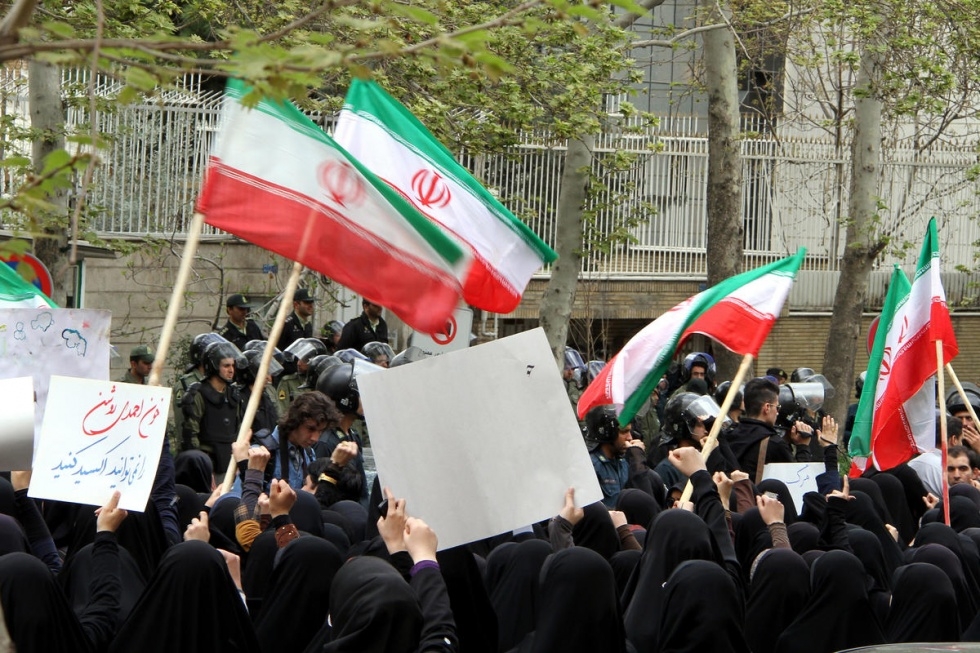UN says US-Iran ambassador row is a bilateral issue

A US Senate bill passed by unanimous consent Monday evening to ban the likely new Iranian UN ambassador, Hamid Aboutalebi from entering the country for his alleged role in the 1979-1981 hostage crises at the U.S. embassy in Tehran, is likely to develop into a diplomatic stalemate.
Iran is standing by its nomination and Farhan Haq, deputy UN spokesperson, told Anadolu Agency (AA) the United Nations will abstain from any comments “while it remains a bilateral issue,” a strong hint the UN will remain neutral in the dispute.
The next move is in Washington, with the House of Representatives likely to endorse the Senate vote. Any visa ban on Aboutalebi will then be sent for approval by the executive branch.
U.S. lawmakers have accused Aboutalebi almost with one voice of involvement in the siege of the U.S. Embassy in Teheran, where 52 Americans were held hostage for 444 days three decades ago.
While Obama’s administration has not officially ruled on the issue diplomatic protocol is clear, the U.S. has to accept UN diplomats even from its adversaries, such as Cuba, North Korea, or Iran.
Stay informed with MEE's newsletters
Sign up to get the latest alerts, insights and analysis, starting with Turkey Unpacked
Aboutalebi has already served as Iran's ambassador to Australia, Belgium, the European Union and Italy. He is a close political advisor to moderate Iran president Hassan Rouhani.
- Nuclear Program
But the issue may become more than a bilateral one, since the dispute over Aboutalebi threatens to derail talks over Iran’s nuclear program in Vienna which looks to be in a critical phase.
That seemed not to concern the promoters of Monday’s legislation authored by Republican Senator Ted Cruz from Texas with significant help from Democratic Senator from New York Chuck Schumer. Cruz, described Tehran’s UN ambassador nomination as a “deliberate and unambiguous insult to the United States.”
The passing of the bill was “not the moment for diplomatic niceties,” Senator Cruz said, indicating American lawmakers in fact at least partly reflected on the larger strategic threats to the U.S. represented by Iran’s nuclear ambitions.
Middle East Eye delivers independent and unrivalled coverage and analysis of the Middle East, North Africa and beyond. To learn more about republishing this content and the associated fees, please fill out this form. More about MEE can be found here.


